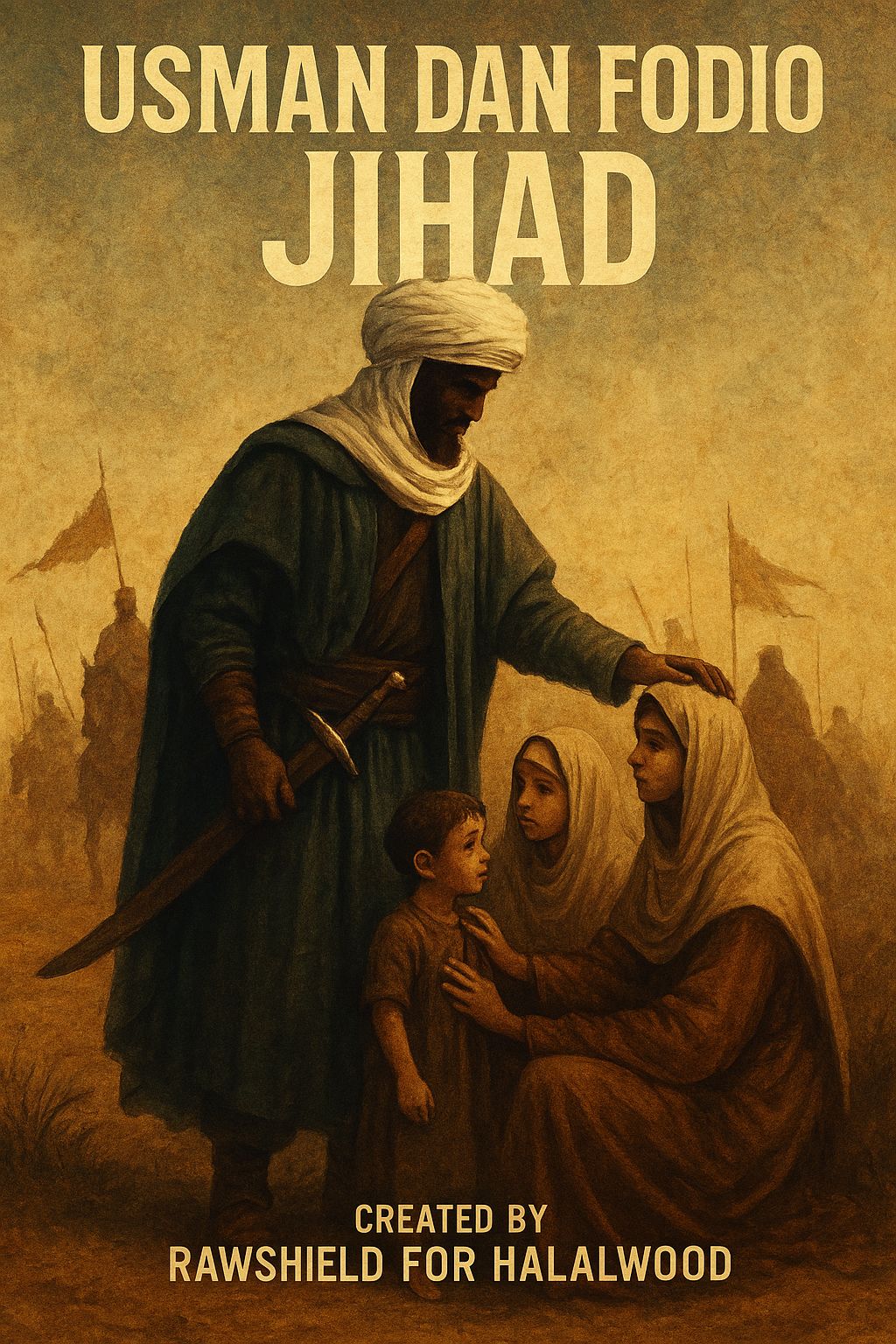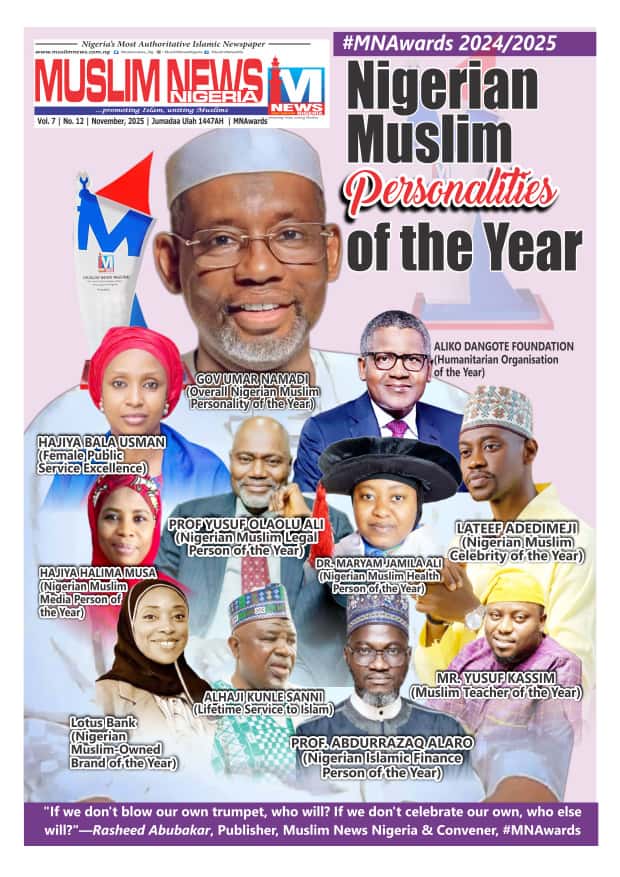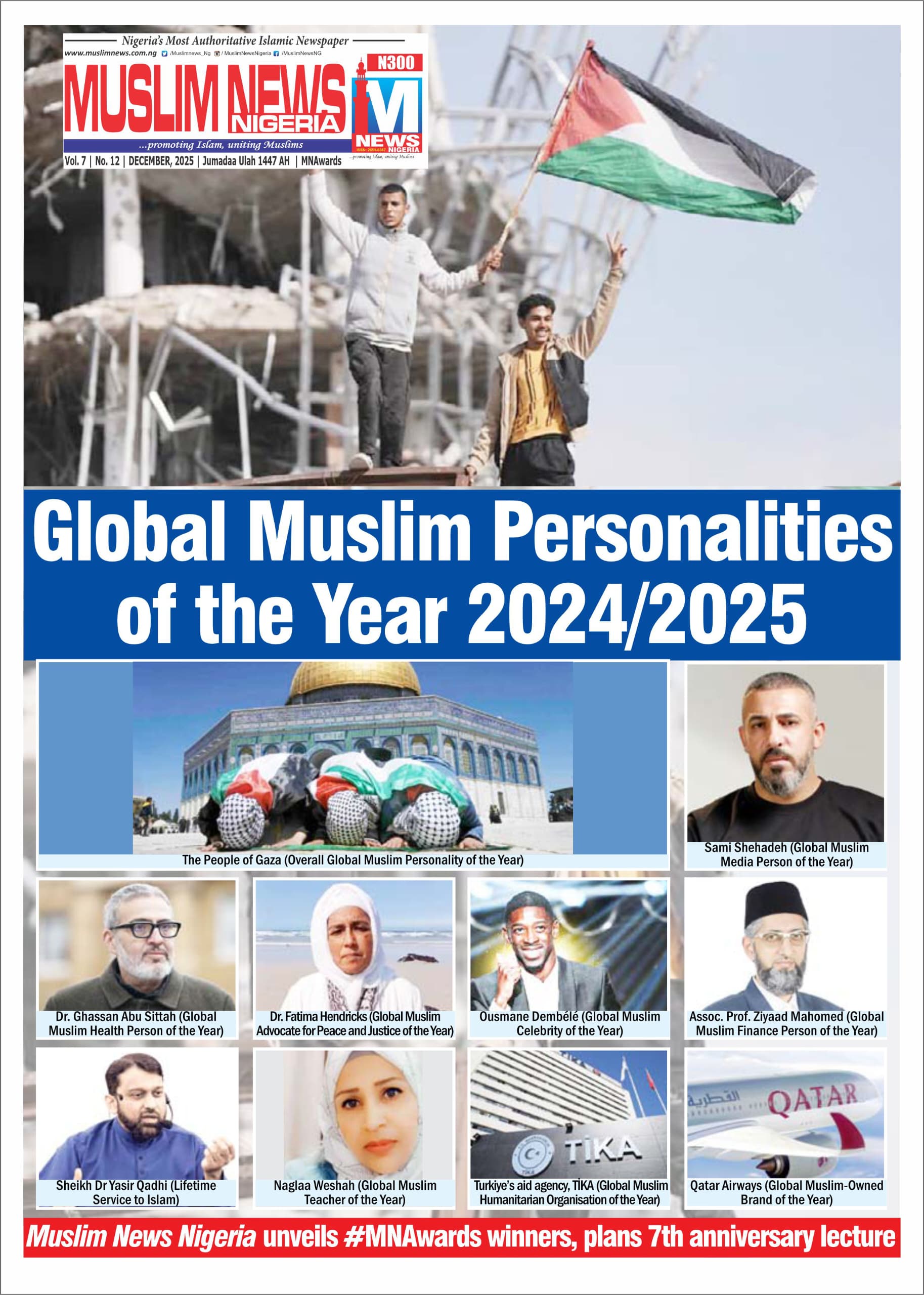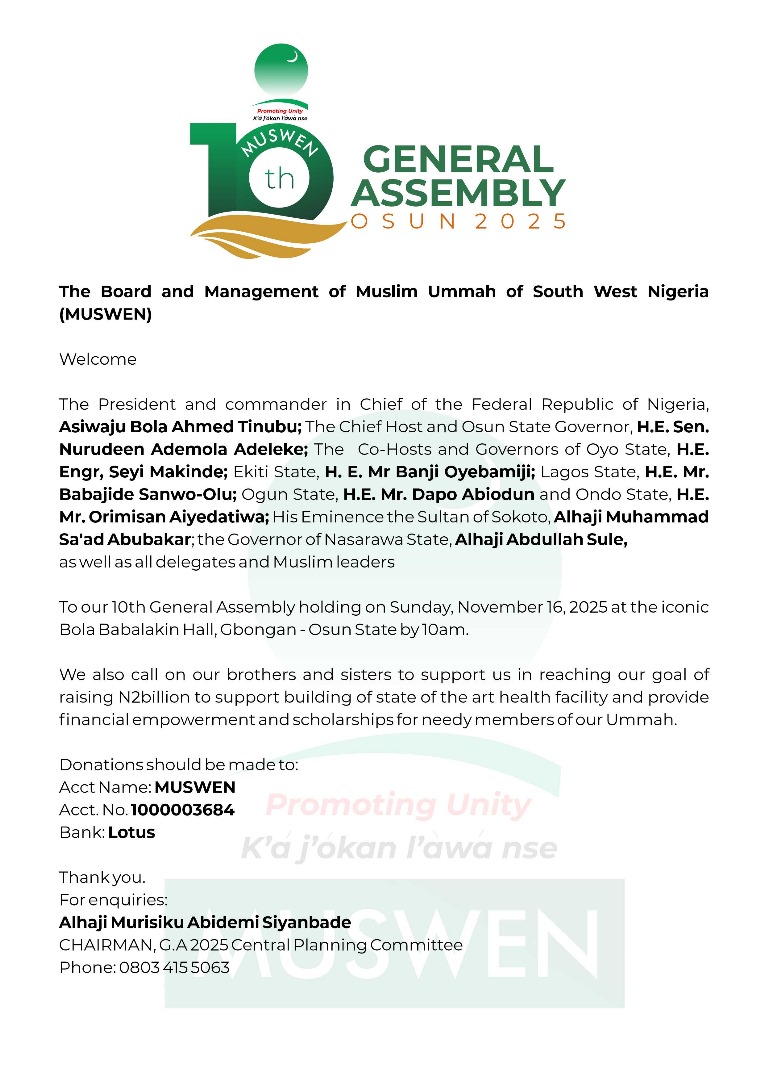I have watched the controversial movie in question (name withheld), and I must say it unfairly portrays the Hausa/Fulani ethnic group, who, ironically, are also major victims of the ongoing banditry across Nigeria, in a negative light. In doing so, it also paints Islamic values in a distorted and damaging manner. This kind of depiction and profiling is not only condemnable but also dangerous. It is irresponsible to portray any tribe or religion as inherently violent or backward because of the actions of a few. Such narratives only serve to fuel hatred and deepen societal divisions.
Unfortunately, this is not the first time we are seeing such hostility or ignorance in a movie, and it likely won’t be the last, especially in today’s digital age where content spreads rapidly, regardless of regulatory oversight.
Awareness campaigns like this response, while necessary, often do little to counter the harm caused by such deliberately provocative content. Many of these productions are clearly crafted to ridicule the faith or tribe of perceived rivals under the guise of social critique, without offering any real solutions.
As I suggested in my first book ‘Islam and the Media Series,’ titled “Muslims and the Threats of the Media” (2009), the most effective way to respond to the negative portrayal of Muslims is not through condemnation alone, but by creating alternative films with powerful and positive narratives. We must urge wealthy and influential Muslims to invest in filmmakers, writers, and producers who can tell our stories with excellence, creativity, and production quality that rivals or surpasses mainstream standards.
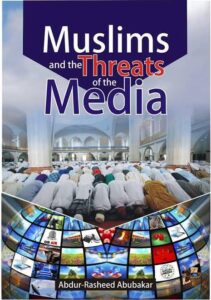
For example, the Usman Dan Fodio jihad has been misrepresented in many Nigerian films and writings. One of the most effective ways to correct this is through quality, well-researched historical films.
Media is a battleground, and film is a powerful tool that shapes perceptions and influences generations. Turkiye has demonstrated this through its historical drama series, from the award-winning “Diriliş: Ertuğrul” to “Kuruluş: Osman”. These productions not only entertained but also reshaped global perceptions and proudly showcased Islamic values from an authentic and heroic perspective. The ongoing series “Mehmed Fetihler Sultanı”, currently airing in Turkiye, presents the correct narrative of the conquest of Constantinople, countering the distorted Western and Greek versions.
Such films also help clarify the true meaning of “jihad”, a just struggle against oppression, guided by strong ethical principles, where not even a tree is harmed. This stands in stark contrast to the distorted portrayal of jihad as a violent holy war against non-Muslims, often seen in Western and increasingly in local films.
The negative portrayal of Islam and Muslims in film and media has today become so extreme that even cross-border terrorists and bandits terrorising Nigeria are labelled “jihadists” simply because they shout “Allahu Akbar”. This gross misrepresentation contradicts the true meaning of “jihad” and “takbir”, reducing sacred terms into tools of fear and propaganda.
In contrast, historical Turkish series and other well scripted movies have helped Muslims globally appreciate the real essence of jihad, as practiced by Prophet Muhammad (SAW) and the early Muslims. These productions depict rulers like the Sultan as merciful, especially towards the poor, the elderly, and even non-Muslims, contrary to the wicked portrayals often found in Bollywood and other global film industries.
This is why it is essential for Muslims, especially the wealthy and influential to invest in media, particularly the film industry, as a strategic and effective means of countering negative narratives. There is nothing wrong with featuring talented actors of other faiths. In fact, many of the villain or even heroic roles in Turkish historic series are played by non-Muslims; what matters is the message, professionalism, and impact.
In 2018, I took a step in this direction by founding Muslim News Nigeria alongside like-minded individuals. Our goal was clear: to celebrate Muslim achievers across various professions through the #MNAwards and to give a voice to voiceless Muslims in Nigeria and around the world whose stories are often ignored or downplayed in mainstream media. In shaa Allah, I intend to expand this vision into full-time filmmaking in the future, to consolidate and deepen the impact of what we’ve started through journalism.
This is precisely the kind of initiative that needs support from Muslim philanthropists and stakeholders. Through film, journalism, and storytelling, we can project excellence, truth, and dignity — all of which Islam exemplifies. We must tell our own stories — not just react to others’. Because in the media, representation matters more than reaction.
To be continued…
Rasheed Abubakar is the Publisher of Muslim News Nigeria | Email: rawshield123@gmail.com

